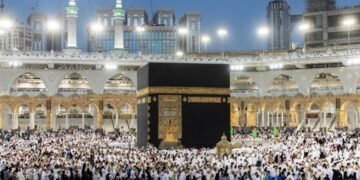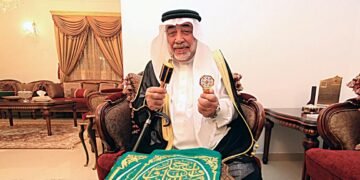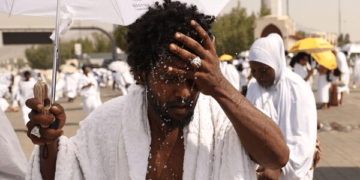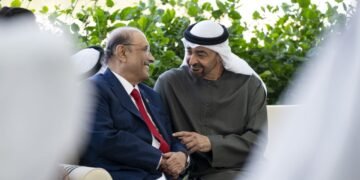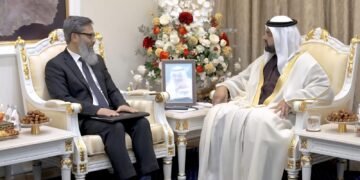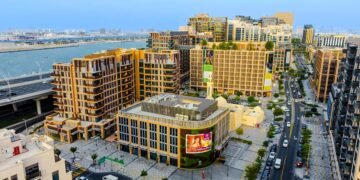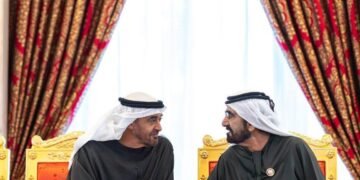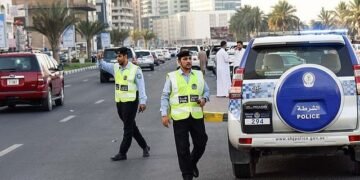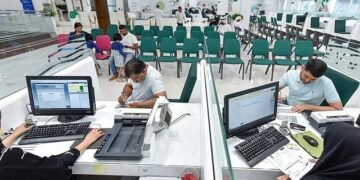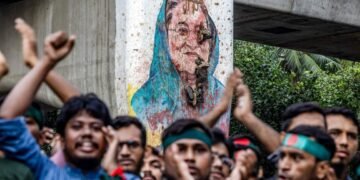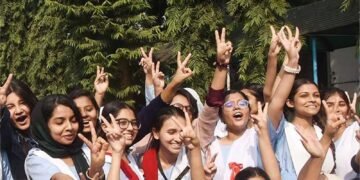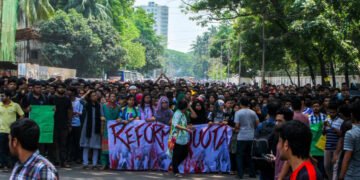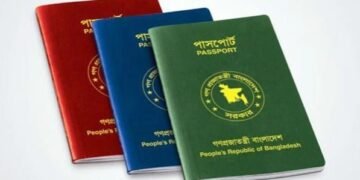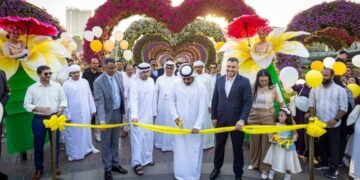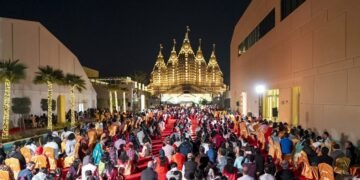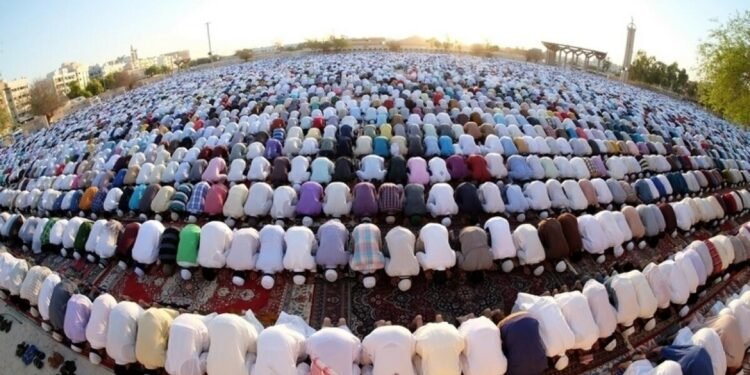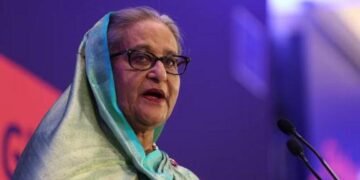The General Authority of Islamic Affairs and Endowments announces Eid Al Adha prayer times in the emirates of the country.
Besides serving up a four-day weekend in the UAE, the Islamic festival of Eid Al Adha is a deeply spiritual experience for Muslims. Celebrated a day after the holiest day in Islam — the day of Arafah — the festival sees friends and family come together for a day of prayers, celebration, and feasting.
This year, employees of both private and public sectors will get four paid holidays to mark the festival. The break is from Saturday, June 15, till Tuesday, June 18.
Eid Al Adha is marked on the 10th of the Islamic month Dhul Hijjah, which falls on Sunday, June 16. On this day, Muslims dress their best and set out for mosques and large open spaces called musallahs shortly after sunrise to offer special prayers. Most places of worship fill up quickly with hundreds and thousands of men, women, children, and the elderly.
Prayer spaces typically remain open from the Fajr (morning) prayer, with the Eid takbir (chants) ringing out of mosques until the special prayer starts. Here are the prayer timings in Abu Dhabi, Dubai, and Sharjah, based on multiple sources:
Abu Dhabi
- Abu Dhabi city: 5.50am
- Al Ain: 5.44am
(According to the interactive e-calendar published by the Sheikh Zayed Grand Mosque Centre)
Dubai: 5.45am
(According to the Hijri calendar published by Islamic Affairs and Charitable Activities Department in Dubai)
Sharjah: 5.44am
(According to the Hijri calendar published by the Sharjah Islamic Affairs Department)
The following timings are based on time zone calculations and may vary. The exact timings will be updated based on official announcements.
Ajman: 5.44am
Umm Al Quwain: 5.43am
Ras Al Khaimah: 5.41am
Fujairah: 5.41am
How the Eid prayer is offered
The Eid prayer is a congregational one and consists of two units (raka’ah). In the first, the imam will lead worshippers in offering multiple takbirs before reciting the surah Fatiha and another chapter from the holy Quran. In the second unit, too, multiple takbirs are said. At the end of the prayer, the imam will give a two-part sermon.
Muslims are expected to listen to the sermon before hugging their loved ones to wish them Eid Mubarak — and from there, the day’s festivities begin.




